We engage with a variety of audiences that have an interest in our research. This allows us to exchange knowledge and to generate impact within education policy and practice in the UK and beyond. Click on the images below to explore some case studies which illustrate the impact of our research.
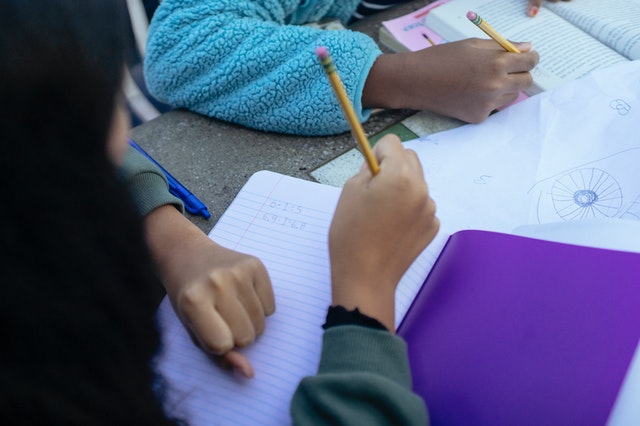
Watch the difference we make
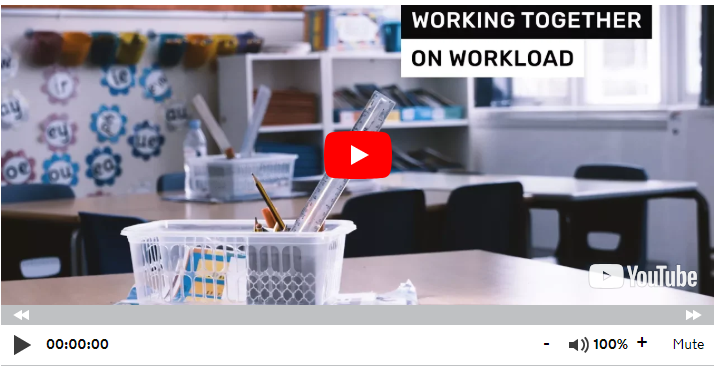
Working on Workload Together
Government video citing departmental research which contributed to the launch of a new campaign on reducing teacher workload.
Discover More
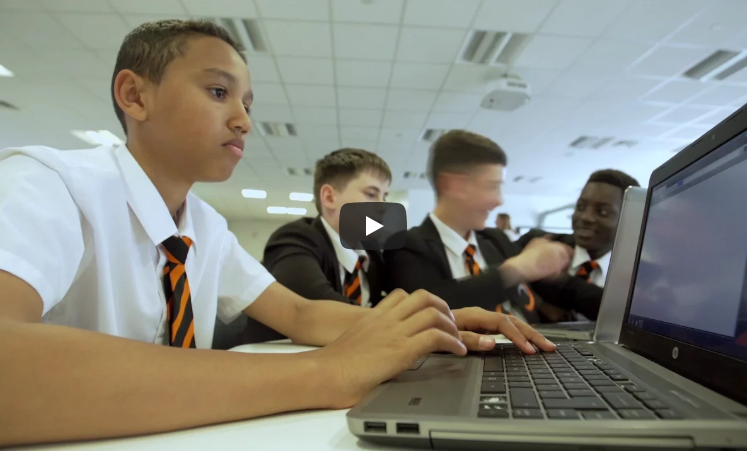
Designing better schools
Students and teachers from Northfleet Technology College talk about how the redesign of their school building has improved their learning as a result of our research.
Discover More
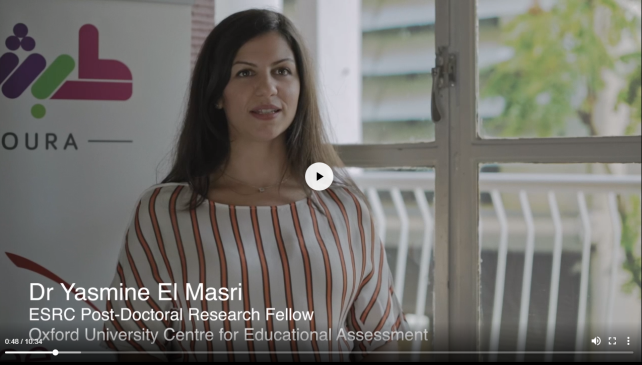
Roads to Inclusion
Pilot study video for a research project exploring the use of technology in science tasks to help reduce the language barriers for Syrian refugees.
Discover More
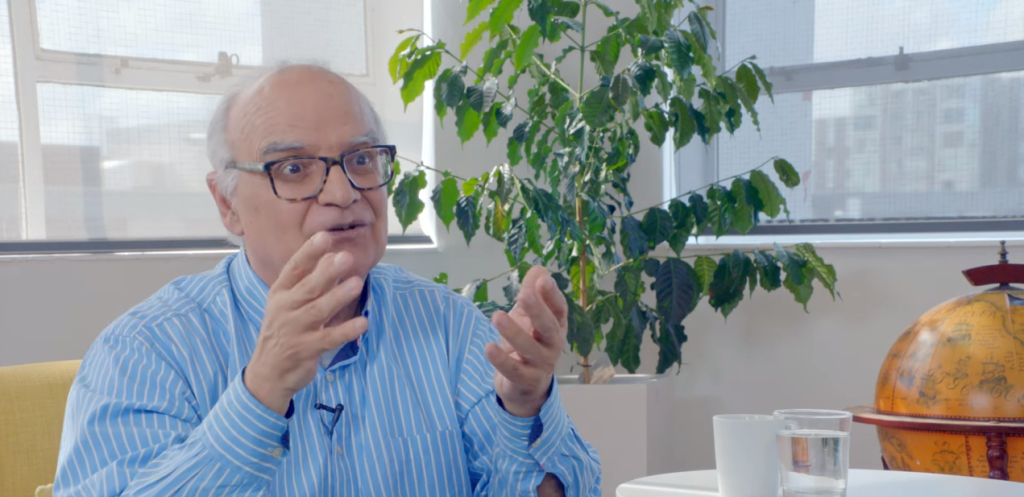
Self-regulation
Ted Melhuish explains why a child's ability to self-regulate is one of the most important predictors of their later success in school and in life.
Discover More
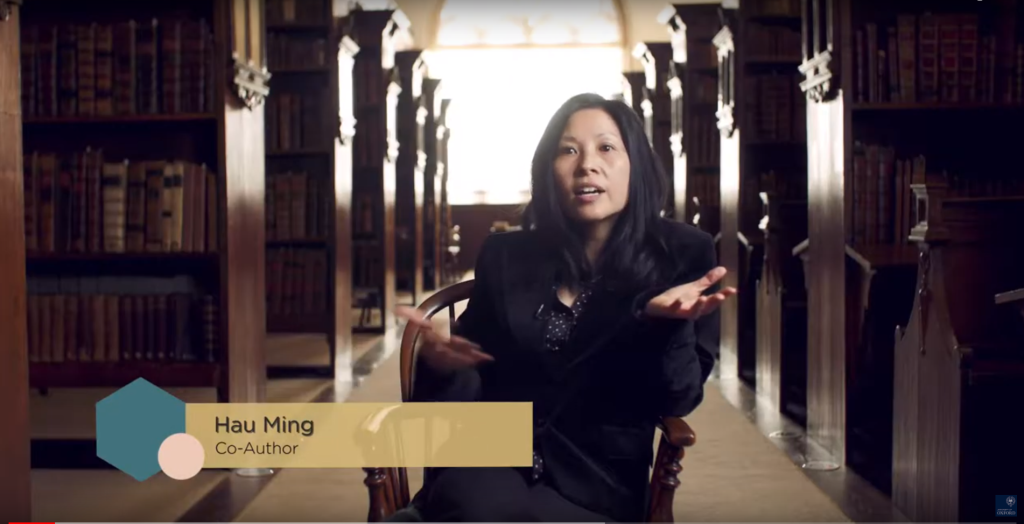
Changing the way we build schools
This video introduces school building guidance co-designed with schools by researchers from the University of Oxford's Department of Education, as part of an ESRC IAA-funded project entitled 'Building on Design Matters'.
Discover More
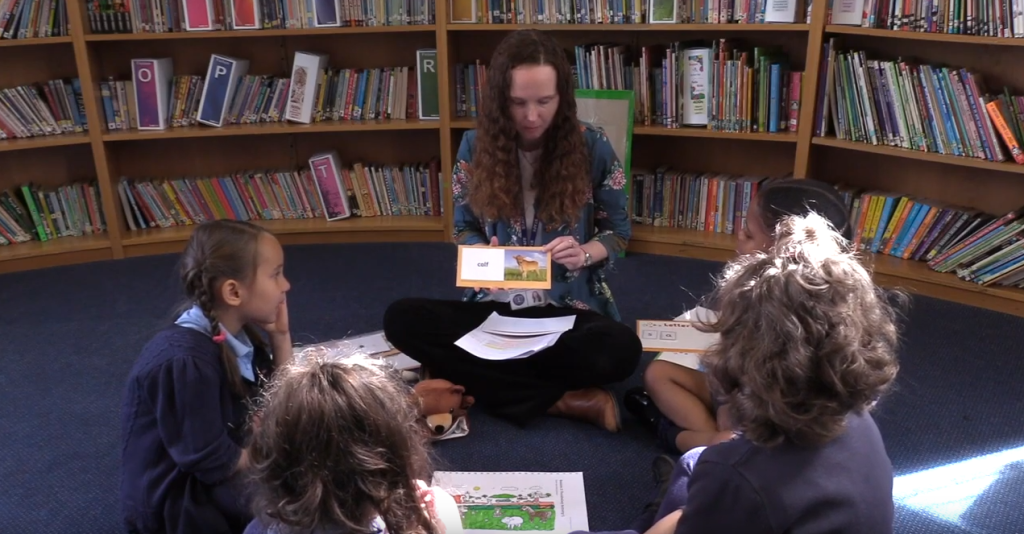
Improving children's oral language skills
The Nuffield Early Language Intervention (NELI) is a 20-week programme for children in their first year of primary school who show weakness in their oral language skills and who are therefore at risk of experiencing difficulty with reading.
Discover More
Case Studies
-
 Influencing assessment policy and practice internationallyThe OUCEA regularly co-hosts knowledge exchange events with industry and government.Discover More
Influencing assessment policy and practice internationallyThe OUCEA regularly co-hosts knowledge exchange events with industry and government.Discover More -
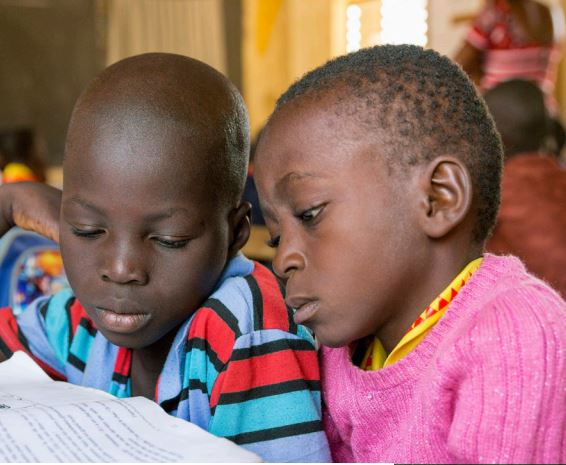 Contributing to educational policies in developing countriesSupporting education of children through policy reform in developing countriesDiscover More
Contributing to educational policies in developing countriesSupporting education of children through policy reform in developing countriesDiscover More -
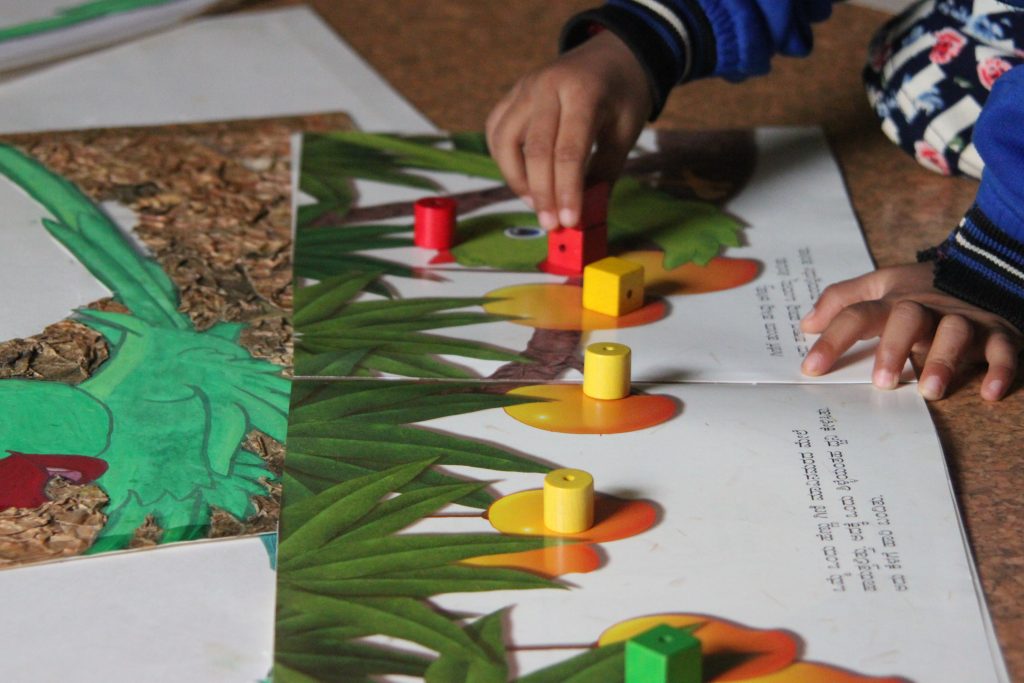 Protecting children in need and supporting carersThe REES Centre have been leading research on the factors that contribute to poorer academic outcomes in children in care and children in need in England.Discover More
Protecting children in need and supporting carersThe REES Centre have been leading research on the factors that contribute to poorer academic outcomes in children in care and children in need in England.Discover More -
 Supporting early childhood educationOur research on early childhood education has helped shape policy and practice in the UK and beyond.Discover More
Supporting early childhood educationOur research on early childhood education has helped shape policy and practice in the UK and beyond.Discover More -
 Evaluating funding policyThe impact analysis of applications to the Oxford Martin SchoolDiscover More
Evaluating funding policyThe impact analysis of applications to the Oxford Martin SchoolDiscover More -
 Helping local schoolsTHE OXFORD EDUCATION DEANERY Based within the department the Deanery facilitates knowledge exchange between University researchers and local teachers by supporting their professional development and improving student outcomes.Discover More
Helping local schoolsTHE OXFORD EDUCATION DEANERY Based within the department the Deanery facilitates knowledge exchange between University researchers and local teachers by supporting their professional development and improving student outcomes.Discover More -
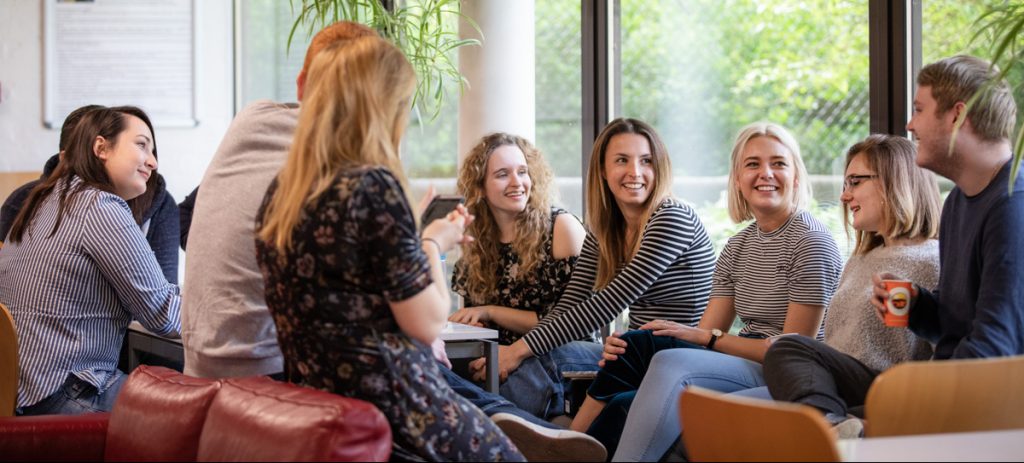 Changing practiceImproving language and literacy learning in the Akshara-based languages of IndiaDiscover More
Changing practiceImproving language and literacy learning in the Akshara-based languages of IndiaDiscover More -
 Public engagementTraining disadvantaged young women from non-traditional educational backgrounds to codeDiscover More
Public engagementTraining disadvantaged young women from non-traditional educational backgrounds to codeDiscover More -
 Commercial and economic impactOur industry secondments provide individuals with the opportunity to exchange knowledge, share expertise and share experiences on matters relating to their research.Discover More
Commercial and economic impactOur industry secondments provide individuals with the opportunity to exchange knowledge, share expertise and share experiences on matters relating to their research.Discover More






